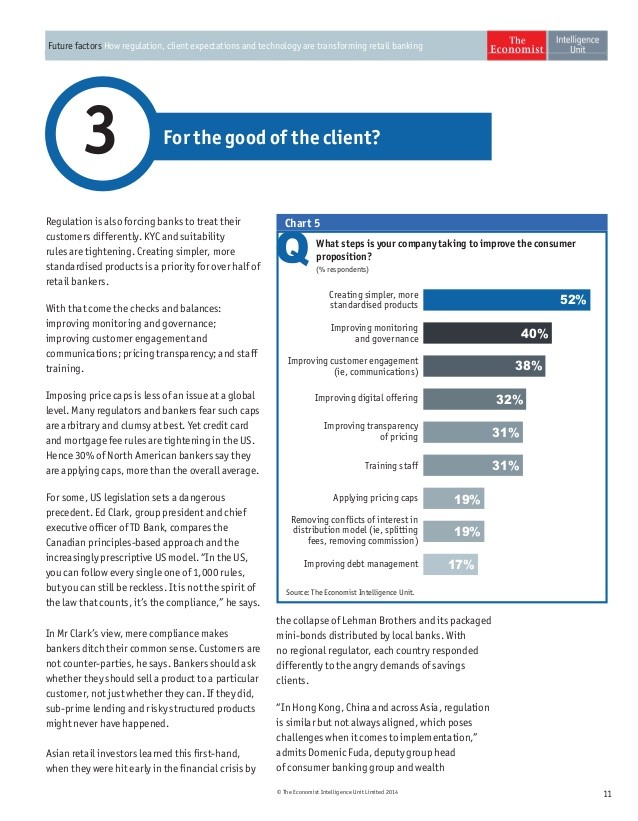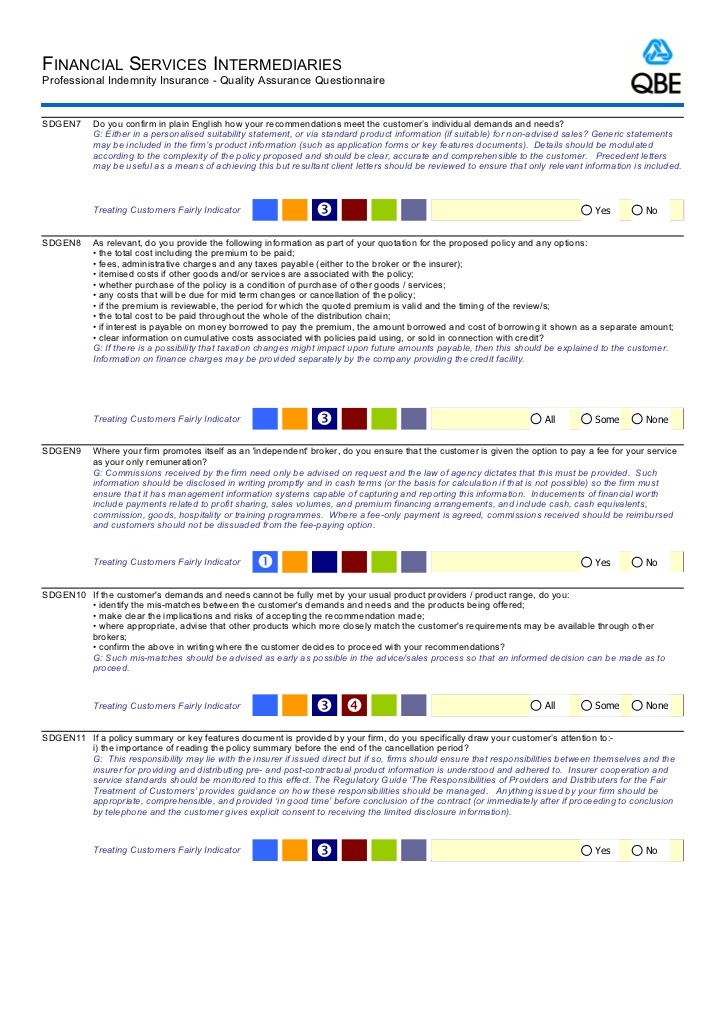Important Changes to Suitability and Know Your Customer Rules
Post on: 9 Июнь, 2015 No Comment

Presented By: Lisa Sussman
As part of the ongoing rulebook consolidation, the SEC has approved changes to NASD Rule 2310 (Suitability) and added a new Rule 2090 (Know Your Customer). These changes take effect October 7, 2011. To follow is a recap of the rules and how they may affect member firms.
Suitability FINRA Rule 2111
New FINRA Rule 2111 is generally modeled after Rule 2310 (the Suitability Rule) and requires that firms have a reasonable basis to believe a recommendation related to a security transaction or an investment strategy is suitable for a customer based on information obtained through the due diligence process(i). This rule applies only if the firm or an associated person makes a recommendation. Generally, there are three obligations under the Suitability Rule:
- Reasonable basis firms must have a reasonable basis to believe, based on due diligence, that an investment recommendation is suitable for at least some investors. Customer specific there must be a reasonable basis to believe a recommendation is suitable for a particular customer. Quantitative there must be a reasonable basis to believe a series of recommended transactions is not excessive and unsuitable when considered together with the rest of the customers portfolio.
Firms must, in their due diligence process, analyze the following factors in determining the suitability of an investment recommendation:
- Financial situation and needs Tax status Other investments Investment objectives Customers age Investment experience Investment time horizon Liquidity needs, and Risk tolerance
If any of the above factors are not relevant to a client, firms must document the reason why.
There is an exemption for institutional investors(ii) as long as the broker can demonstrate the customer is capable of analyzing the investment risks and the institutional customer can affirm it is exercising independent judgment.
Know Your Customer FINRA Rule 2090
Hand in hand with suitability goes knowledge of your customer. The difference between Know Your Customer (KYC) and Suitability is that KYC begins with a customer-broker relationship and is not dependent on a recommendation being made. Firms must use reasonable diligence to know the essential facts in opening and maintaining customer accounts. Essential facts are those required to:
- Effectively service the customers account Act in accordance with any special handling instructions; Understand the authority of each person acting on the customers behalf, and; Comply with applicable law, regulations and rules.
A broker-dealer must know its customers not only at account opening, but throughout the relationship with the client. Firms must attempt to verify the essential facts at reasonable intervals or as the customers circumstances change. SEC Rule 17a-3 mandates that firms update information at least every 36 months. Clearly, this benchmark is low since a clients relationship with his broker is continually changing. Firms must use their best judgment in keeping in compliance with KYC.
Q: How do these rule changes affect my firm?

A: Firms must prove they are educating and training their brokers. This will be an exam priority. Also, firms need to look at their WSPs, any automated methods of account review, customer forms and documents, customer files, etc. to ensure compliance with this rule. The Rule takes effect October 7, 2011; however, Regulatory Compliance suggests you start implementing procedures now so that you are in full compliance by the implementation date.
Q: How does this affect long-term investment strategies?
A: The rule explicitly applies to investment strategies where a hold recommendation is made. However, certain communications are excluded from Rule 2111 as long as they do not include (alone or in combination with other communications) a recommendation of a customers investment profile.(iii)
Q: How does this affect hold recommendations?
(i) FINRA notes that it replaced the term due diligence used in former NYSE Rule 405 (1) with the term reasonable diligence in new FINRA Rule 2090 for consistency with the language used in new FINRA Rule 2111. FINRA did not intend by such action to impair or adversely affect established case law and other interpretations discussing the diligence that is required to comply with know-your-customer or suitability obligations
(ii)Institutional account is a bank, savings and loan association, insurance company or registered investment company, registered investment advisor, or any other entity or person with total assets of at least $50 million.
(iii) the following communications are excluded from the coverage of Rule 2111 as long as they do not include (standing alone or in combination with other communications) a recommendation of a particular security or securities:
(a) General financial and investment information, including (i) basic investment concepts, such as risk and return, diversification, dollar cost averaging, compounded return, and tax deferred investment, (ii) historic differences in the return of asset classes (e.g. equities, bonds, or cash) based on standard market indices, (iii) effects of inflation, (iv) estimates of future retirement income needs, and (v) assessment of a customer’s investment profile;
(b) Descriptive information about an employer-sponsored retirement or benefit plan, participation in the plan, the benefits of plan participation, and the investment options available under the plan;
(c) Asset allocation models that are (i) based on generally accepted investment theory, (ii) accompanied by disclosures of all material facts and assumptions that may affect a reasonable investor’s assessment of the asset allocation model or any report generated by such model, and (iii) in compliance with NASD IM-2210-6 (Requirements for the Use of Investment Analysis Tools) if the asset allocation model is an investment analysis tool covered by NASD IM-2210-6 ; and
(d) Interactive investment materials that incorporate the above.














